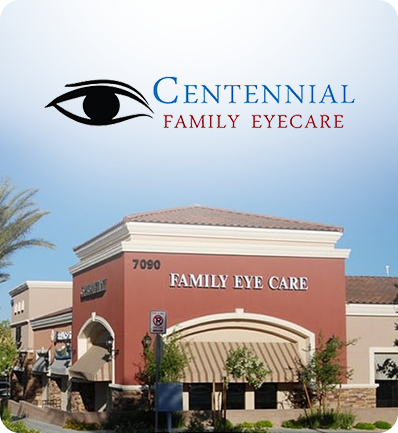
If you have poor vision caused by nearsightedness, farsightedness, or astigmatism, but you are frustrated by the limitations posed by wearing prescription eyewear, then you may be considering laser vision correction. More specifically, you may be considering LASIK.
LASIK stands for laser-assisted in-situ keratomileusis and is a way of permanently changing the shape of the cornea, which is the clear, domed lens covering the front part of the eye. People with vision problems like nearsightedness (myopia) have issues with the way that the cornea refracts light as it enters the idea. Instead of focusing it on the retina, which is found at the back of the eye, the cornea focuses it too far in front, behind, or at too many different points. This causes our vision to appear blurred. However, by altering the way that the cornea refracts light, it’s possible to change your focus and give you much clearer, sharper vision.
The idea of getting laser vision correction can sound a little worrying, but it is a very common procedure, with few risks and side effects. Most patients find that their vision is clear enough for them to return to their usual daily activities within 48 hours of their treatment.
Am I a good candidate for LASIK?
LASIK is a very safe and straightforward procedure. However, it’s not necessarily the best or right type of laser vision correction for you. There are multiple different techniques available that can correct refractive vision problems, and LASIK is just one of them.
Your eye doctor will ask you to assess a consultation appointment which will be used to assess your suitability for this surgery. The appointment will involve a physical examination of your eyes, a review of your ocular health history, and a conversation where you’ll receive comprehensive information about LASIK, how it works, what the risks are, and the outcome you can expect following your treatment. It’s also an ideal opportunity for you to ask any questions that you have about the procedure.
But before you book an appointment, you might want at least a vague indication as to whether LASIK is going to be right for you. If you can say yes to the following, then you could potentially be a good candidate for LASIK laser vision correction surgery:
- Are at least 18 years old
- Have had stable vision with no prescription changes for at least the last 12 months
- Have a prescription that falls between specific parameters which will be explained to you by your LASIK surgeon
- Have no prior history of corneal diseases
- Have no significant medical or diagnosed eye problems, for example, glaucoma, macular degeneration or diabetic retinopathy which could affect the success of the procedure
- Are not pregnant or nursing at that time
- Has reasonable expectations for the outcome of their treatment
It’s important to be aware that while many people will be able to see clearly without the use of prescription eyewear following their LASIK procedure, it is not a guarantee and there are some situations, such as driving at night, where you may still need to wear glasses or contacts to give you exceptionally clear focus.
If you would like to find out if you are a good candidate for LASIK, please call Centennial Family Eye Care at any of our offices to schedule a consultation with our team.





